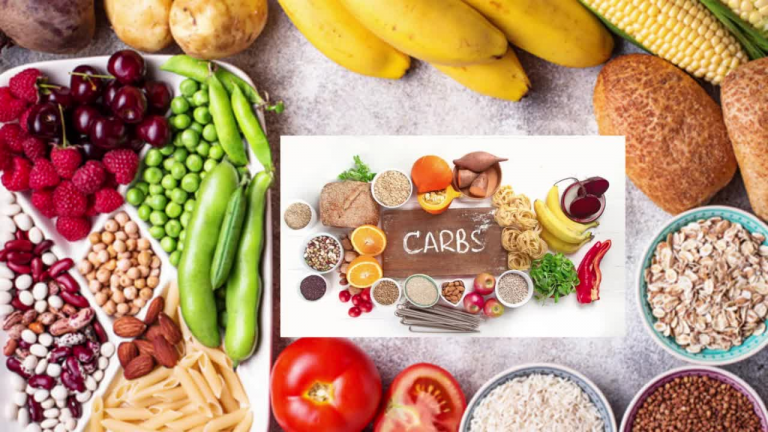Myth: Vegans Can’t Get Enough Protein.

The myth that vegans can’t get enough protein is not accurate. Vegans can meet their protein needs through a well-planned plant-based diet. Here are some important points to consider:
Plant-based protein sources: There are numerous plant-based protein sources available, including legumes (such as beans, lentils, and chickpeas), tofu, tempeh, seitan, edamame, quinoa, hemp seeds, chia seeds, nuts, and seeds. These foods provide a variety of amino acids, the building blocks of protein.
Protein requirements: The protein needs of individuals vary based on factors such as age, sex, body weight, and activity level. The Recommended Dietary Allowance (RDA) for protein is 0.8 grams per kilogram of body weight for the average adult. Vegans can easily meet or exceed this requirement by consuming a diverse range of plant-based protein sources.
Complementary proteins: Some plant foods may have lower levels of certain essential amino acids compared to animal-based sources. However, consuming a variety of plant-based protein sources throughout the day can provide all the essential amino acids required by the body. This concept of combining proteins within a meal (e.g., beans and rice) was popularized in the past, but it is now understood that as long as a varied diet is consumed over a day or week, protein needs can be met without specific combinations in a single meal.
Protein-rich plant foods: Several plant-based foods are particularly high in protein. For example, legumes (such as lentils and chickpeas) typically contain about 15-20 grams of protein per cooked cup. Tofu and tempeh provide about 15-20 grams of protein per 3-ounce serving. Quinoa offers about 8 grams of protein per cooked cup. Nuts and seeds also contribute protein to the diet, along with healthy fats.
Protein fortification: Some plant-based products, such as certain plant-based meat alternatives, protein powders, and fortified foods, are specifically designed to provide higher amounts of protein. These can be additional options for those looking to supplement their protein intake.
It’s worth noting that most people, including vegans, tend to consume more protein than their actual requirements. As long as a well-rounded and balanced plant-based diet is followed, meeting protein needs should not be a concern for vegans. Consulting with a registered dietitian can provide personalized guidance on meeting nutritional needs, including protein, within a vegan diet.



